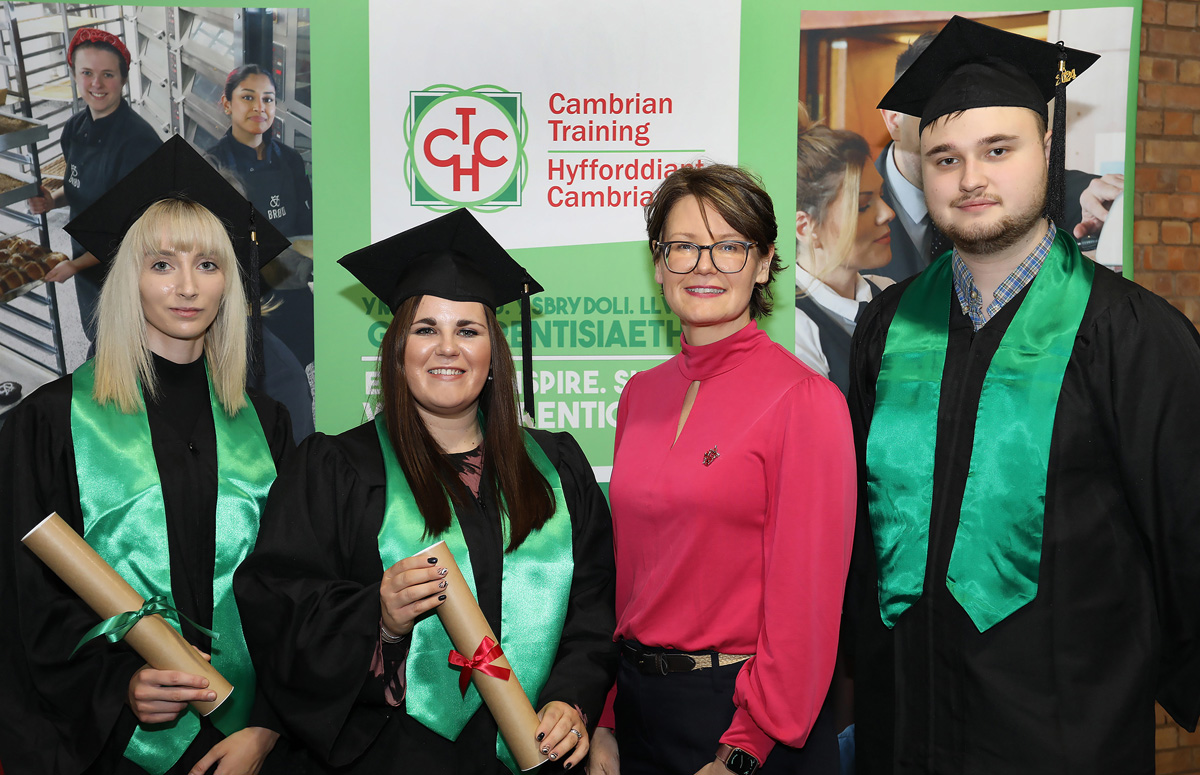Tinkering for learning approach to education to boosts students’ problem-solving, creativity and collaboration skills

Engineering should become as natural to primary school pupils as learning another language, according to a report published today (9 Oct) by the Royal Academy of Engineering, which advocates a ‘tinkering for learning’ approach to education to boost students’ problem-solving, creativity and collaboration skills.
As government places renewed emphasis on a modern industrial strategy, the report highlights that there is a window of opportunity to embed a creative engineering-themed curriculum in primary schools, with added benefits for pupils’ learning in other subjects.
A tinkering approach to teaching gives teachers the tools to create learning opportunities that capitalise on and make links between Computer Science, Design Technology and Science subjects.
The report calls for more work to be done to promote engineering habits of mind, enhancement of professional learning networks for teachers for engineering education, the use of thematic curricula with real-world contracts to be actively explored, and for senior leadership teams in schools to drive change in support of engineering education.
Seven principles of primary engineering education are identified in the report, for teachers to use in helping their students to develop an engineering mindset:
- Pupils are engaged in purposeful practical problem solving
- Pupils take ownership of the design and make process
- Pupils embrace and learn from failure
- Pupils’ curiosity and creativity is responded to
- Pupils demonstrate mastery from other curriculum areas
- Pupils draw on a range of thinking skills and personal capabilities
- Pupils’ learning experiences are guided by a whole-school approach.
Dr Lynne Bianchi and Dr Jon Chippindall of the Science & Engineering Education Innovation and Research Hub at the University of Manchester led the three-year Tinkering4Learning project that underpins the report, working with 30 teachers from 12 schools across Greater Manchester.
Through teacher training sessions and immersive participation workshops, they engaged the group with techniques to introduce engineering activities into their existing teaching programme in a fun and inspiring way for pupils.
Teachers who took part valued the opportunities that developing tinkering projects gave them, including the chance to share professional practice with peers and engineering professionals, to make natural connections between different subjects and to develop professionally.
The Tinkering4Learning project was focused on enhancing teachers’ ability to shape lessons for primary and secondary pupils within the mainstream curriculum (as opposed to providing extra-curricular activities), and today’s report evaluates how the project has succeeded in contributing to existing programmes.
Tinkering4Learning is based on earlier Academy research including Thinking like an Engineer, which found that young children are natural engineers and possess many of the requisite skills like creative problem-solving, adapting and improving.
It concluded that children are constantly seeking to understand the properties of materials as they engage with the world around them but often lose their ‘engineering habits of mind’ as they progress through the formal curriculum.
Dr Rhys Morgan, Director of Engineering and Education at the Royal Academy of Engineering, said:
“The future challenges the world will face will be solved by the primary school children of today. We should nurture their natural engineering talents and approaches like tinkering, embedded in classroom teaching, are a great way to develop their knowledge and skills in fun, creative ways.”
Lynne Bianchi, one of the report’s authors and Director of the Science & Engineering Education Education Research and Innovation Hub said:
“Tinkering has offered a bridge to see engineering come alive in primary classrooms. The Tinkering4Learning approaches demonstrates teaching and learning techniques which primary teachers can readily use to develop and nurture children’s natural curiosity and engineering talents from an early age. Through a realignment of core curriculum teachers have demonstrated how we can equip children better for a future career in engineering. All we need now is to extend such practices far and wide!”
Building on the ‘engineering habits of mind’ work, the Royal Academy of Engineering has also published Learning to be an engineer: the role of school leadership, exploring the ways that school leaders can create better and more engaging learning opportunities for would-be engineers.
As the UK’s national academy for engineering and technology, we bring together the most successful and talented engineers from academia and business – our Fellows – to advance and promote excellence in engineering for the benefit of society.
We harness their experience and expertise to provide independent advice to government, to deliver programmes that help exceptional engineering researchers and innovators realise their potential, to engage the public with engineering and to provide leadership for the profession.
We have three strategic priorities:
- Make the UK the leading nation for engineering innovation and businesses
- Address the engineering skills and diversity challenge
- Position engineering at the heart of society
We bring together engineers, policy makers, entrepreneurs, business leaders, academics, educators and the public in pursuit of these goals.
Engineering is a global profession, so we work with partners across the world to advance engineering’s contribution to society on an international, as well as a national scale.
The latest EngineeringUK data indicates that the UK is facing an annual shortfall of up to 59,000 engineering graduates and technicians at level 3 or above to fill core engineering roles. There are over 600 STEM programmes running across the country, but many of these are extra-curricular and target secondary school students.











Responses